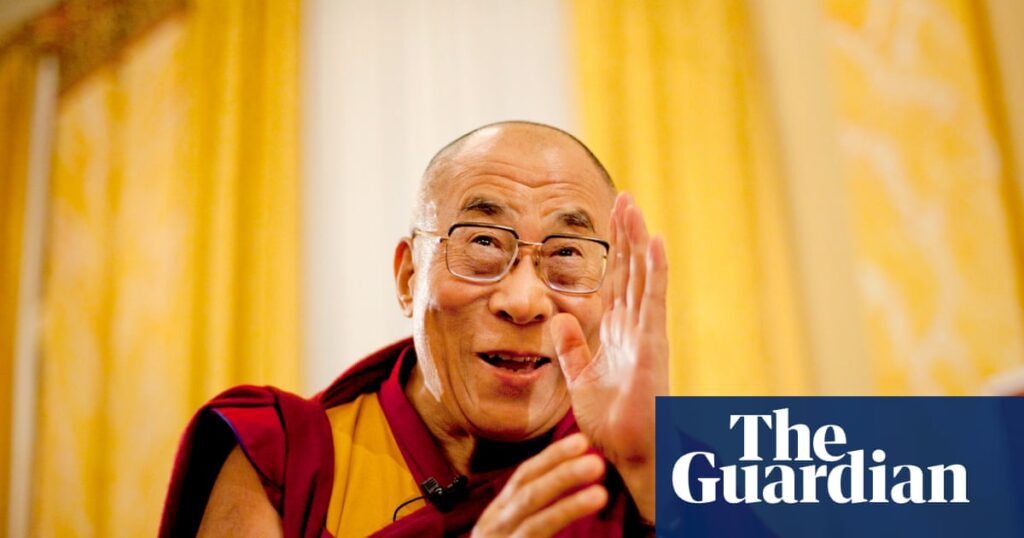The celebrations for the Dalai Lama’s 90th birthday in Dharamshala drew thousands of monks and followers. In a recent video, he addressed speculation about his reincarnation, affirming he would remain until death and emphasizing that only his trusted monks would determine his successor. This reasserts Tibetan authority over the succession process amid fears of Chinese interference, as Beijing claims rights over the decision.
The Dalai Lama’s announcement strategically sidestepped previous assertions about the need for his successor to be born outside China. Scholars noted this diplomatic tone may help avoid escalating tensions with China, particularly given its historical claims on Tibetan succession.
Since escaping to India in 1959, the Dalai Lama has become a global advocate for Tibetan rights, despite China’s attempts to suppress his influence within Tibet, such as banning his imagery. A Chinese official reiterated that any successor must be chosen per government guidelines, indicating potential for dual successors: one recognized by Tibetans in exile and another selected by the Chinese Communist Party.
The evolving situation reflects broader geopolitical tensions, especially after recent border skirmishes between India and China. India’s stance has shifted, with officials asserting that only the Dalai Lama can decide his reincarnation. As the Dalai Lama remains a key figure for Tibetan autonomy, his office continues to navigate these complex political waters carefully.
Despite concerns surrounding his eventual passing, the Dalai Lama expressed hope for a longer life, aiming to exceed expectations of an imminent departure.
Source link


